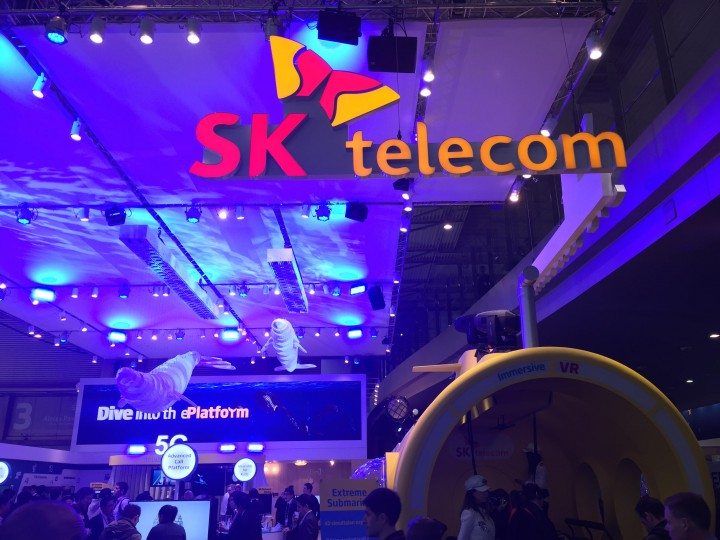Korean carrier SK Telecom said it expects to target clients in the corporate segment once it expands its 5G network later this year with standalone architecture, local newspaper Korea JoongAng Daily reported.
According to the report, SK Telecom aims to launch its 5G SA network later this year using spectrum in the 28 GHz band.
Korean mobile operators are currently using 3.5 GHz spectrum for the provision of 5G services through 5G non-standalone architecture (NSA).
“Considering the 28 GHz’s signal characteristics and technique, [the band]is ideal for business-to-business services,” said Ryu Jung-hwan, vice president at SK Telecom’s 5GX Infra Group. “Now that the 5G standard Release 16 was set in July, an industry-leading B2B business model is the key to success,” he added.
Ryu also noted that devices fitted with chips for the 28 GHz band will be more expensive than the current 5G-enabled smartphones.
The executive also said that SK Telecom is on track to reduce the size of the 5G network equipment.
The country’s three operators launched 5G technology in April 2019, and 5G networks are available mostly in large cities. The government previously said that the carriers had already deployed over 115,000 5G base stations.
South Korea’s 5G subscribers reached 7.86 million in July, up 487,190 from the previous month, accounting for 11.3% of the country’s 69.8 million mobile subscriptions.
In July, SK Telecom, KT and LG Uplus agreed to invest a total of KRW 25.7 trillion (currently $21.8 billion) through 2022 to boost 5G infrastructure across the country.
This investment will primarily focus on enhancing 5G quality in Seoul and six other metropolitan cities. The investment plan also stipulates the deployment of 5G in 2,000 multi-purpose facilities, on Seoul Metro lines 2 and 9 and along major highways. In 2021, the carriers committed to expand 5G connectivity to an additional 85 districts, including 4,000 multi-purpose facilities, subways and all train stations, as well as 20 additional highways.
Korea’s main telecom operators expect to commercialize an ultrafast mmWave 5G network this year, according to previous reports.
The mmWave 5G service will be initially available for the business-to-business segment. Operators have not yet finalized investment plans for the business-to-consumer sector, as the cost of building additional infrastructure still represents a major issue, according to the reports.
Due to the high level of capital expenditures needed, the launch of the mmWave 5G network for personal smart devices is likely to start next year or in 2022.













